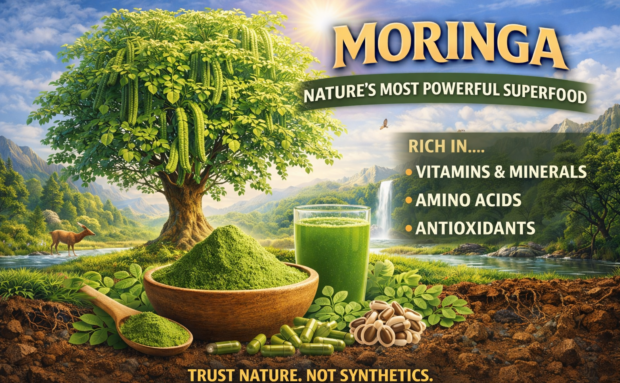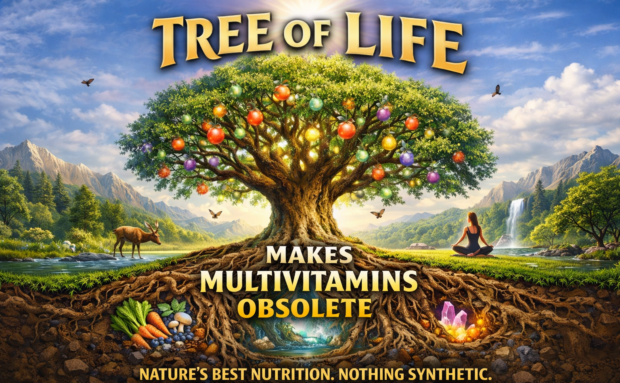About the colon | Cleanse Your Body
 The main function of the colon is to absorb water and minerals from ingested food and to form and eliminate feces. The colon contains different types of bacteria to aid digestion, promote vital nutrient production, maintain pH (acid-base) balance, and prevent the growth of harmful bacteria. The process of digestion from ingestion to defecation normally takes 12 to 24 hours if the colon is fully functional and non-toxic.
The main function of the colon is to absorb water and minerals from ingested food and to form and eliminate feces. The colon contains different types of bacteria to aid digestion, promote vital nutrient production, maintain pH (acid-base) balance, and prevent the growth of harmful bacteria. The process of digestion from ingestion to defecation normally takes 12 to 24 hours if the colon is fully functional and non-toxic.
Irregular or infrequent bowel movements and constipation can result in toxic residues from the by-products of undigested foods accumulating and sometimes becoming re-absorbed into the system. A healthy colon produces between 1 to 3 bowel movements per day, often shortly after a meal.
By the time material enters the colon, the process of digestion has finished. A healthy colon will contract the colon muscles, thus moving along its solid and liquid contents on the way to exit the body. During this travel along the passage, water and nutrients are absorbed into the body.
What remains is waste; referred to as stool. A few times each day, stronger muscle contractions move down the colon, pushing the stool along. These strong contractions usually result in a bowel movement. The muscles of the pelvis and anal sphincters have to then relax at the right time to allow the stool to be expelled
Psyllium Husks
Psyllium husks have a unique characteristic in that when mixed with water, they swell up, creating a slippery, gelatin-like substance. This “gelatin” holds a great deal of water in the bowels, helping to soften the feces. Its slipperiness then acts as a lubricant for easier elimination. The extra bulk created by the psyllium will stimulate better peristalsis, the movement of the muscles in the walls of the intestines that “pushes” the matter along.
Psyllium husks are an all-natural product, being the outer hull of the seeds of the Plantago plant. While they have been used for hundreds of years in Europe for treating bowel problems, the West has only recently caught on. Now, many over the counter laxatives contain forms of psyllium husks.
For our purposes in detoxing, we want to use the highest quality, preferably organic, psyllium. Drinking plenty of water along with the psyllium is a must, otherwise it can be dehydrating to the rest of the body as it absorbs and holds water in the intestines.
Bentonite Clay
Bentonite is a natural earthen clay that is highly absorbent. It is not assimilated by the body but acts to absorb and bind to toxins in the intestinal tract, and then pass out with the feces. Clays are frequently used externally for the same purpose of drawing out impurities in the use of facial masks and other skin treatments.
Bentonite clay is available in both dry and liquid form, and either form will work for colon cleansing. Plenty of water should be consumed with bentonite to avoid any dehydrating effects.
Psyllium and Bentonite Colon Cleanse
1 rounded teaspoon psyllium husk
1 teaspoon bentonite clay powder (or 1 tablespoon liquid bentonite clay) 8 ounces water or juice
Place the psyllium and bentonite in the water and stir briskly.
Drink quickly, before it thickens.
Follow with another 8 ounces of plain water or juice. Plenty of fluid is important.





